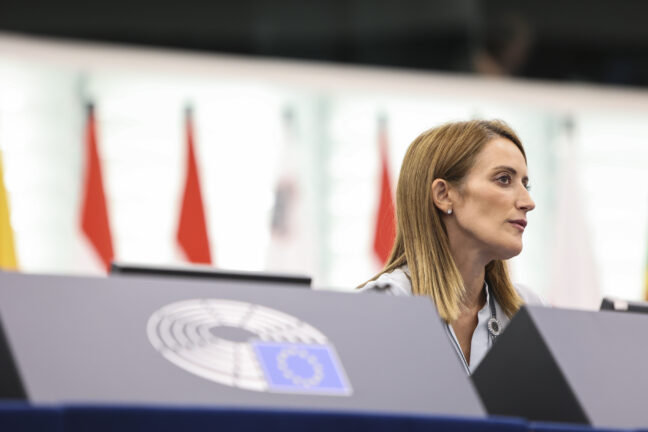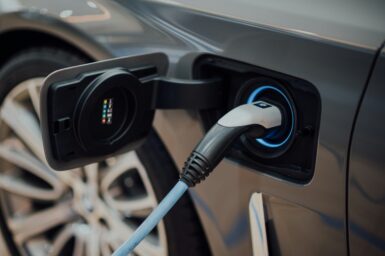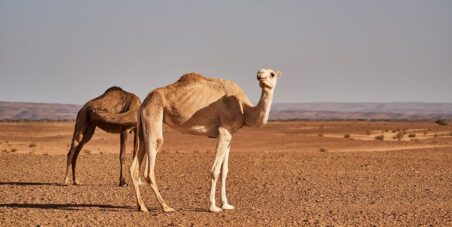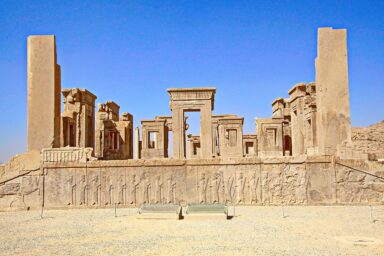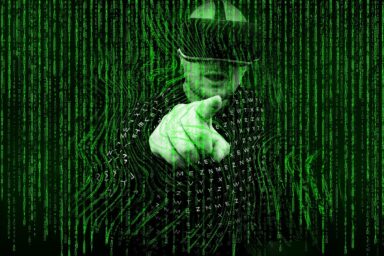Moscow weaponises its Orthodox church to advance hybrid warfare through religious networks. The European Parliament’s committee on shielding democracy dissected Russia’s use of clergy to destabilise Eastern Europe and the EU’s neighbourhood.
At the opening of the 22 September session, the Committee on the European Democracy Shield (EUDS) heard quotes by Moldovan President Maia Sandu’s analogy of Russian interference. It exploits a whole host of democratic vulnerabilities, notably religious freedom, Ms Sandu had told the Parliament during her latest Brussels visit.
Like a virus
“Interference did not start and end on the day of the election. Like a virus, it finds the weak points of our organisms,” EUDS chair quoted the Moldovan president. It underscores how Russia’s claim to be the “third Rome” fuels expansionism under the guise of protecting Orthodox Christianity.
Thorniké Gordadzé, a Franco-Georgian researcher and former negotiator for EU integration, highlighted Armenia and Georgia, where churches aligned with pro-Russian governments despite claiming to embody national identity. “In Soviet times, the state forged networks between communist regimes and churches. Post-USSR, clergy retained ties to Moscow,” he said.
Georgia’s Orthodox Church, led by a patriarch appointed in 1978 under Soviet rule, openly supported Russia’s 2008 invasion as “divine punishment” for pursuing Euro-Atlantic ties. Mr Gordadzé noted clergy in both countries have grown “extremely rich” through economic activities—some illicit—acting as parallel power structures. “Even reformist governments couldn’t touch the church. They remained faithful to Moscow,” he added.
You might be interested
Moldova, a battleground
Lucian Leustean, a Romania-born British political scientist, traced Russia’s strategy to Cold War tactics, quoting a 1965 Soviet official. “The council has no interest in theologically educated bishops…except to represent the church to foreigners,” he quoted the official.
Today, this evolves into policies like Russia’s 2021 “spiritual security” doctrine, prioritising moral values over corruption. Clergy now bless tanks, consecrate military chapels, and frame the Ukraine war as a “holy war”—a term endorsed by the Kremlin-aligned World Russian People’s Council in March 2024. “This isn’t merely ideology. It’s a tool for control,” Mr Leustean said.
With Moldova’s parliamentary elections only days away, MEPs warned of Kremlin meddling. MEP Vasile Dîncu (S&D/ROU) noted 70-80 per cent public trust in the Orthodox Church makes it a potent vector for Russian propaganda. “The church subordinated to Moscow has more members than the one tied to Romania. This is dangerous,” he said, urging EU support to rebalance influence.
Ukraine’s church schism
Mr Leustean then cited the case of Bishop Marchel of Bălți, who in 2016 spread xenophobic lies about “30,000 Syrians” flooding Moldova, aiding a pro-Russian electoral victory by four per cent. “Pro-Russian clergy are now urging voters to reject EU values. Without counter-narratives, we risk a repeat,” he warned.
The chair highlighted Russia’s disinformation campaign ahead of Moldova’s 2024 EU referendum, falsely claiming Brussels would “destroy Orthodox churches”. Commissioner Marta Kos had earlier dismissed this as a “blatant lie”, but the narrative persists. Orthodox priests received luxury trips to Moscow and financial incentives to sway voters—a tactic replicated in Georgia, where the church labels EU integration a threat to “family values.”
Putin wanted a second cathedral because the first wasn’t politically aligned. Now, it’s a spy hub near presidential residences. — EUDS Chair Nathalie Loiseau (Renew/FRA)
The persecution of Ukraine’s Moscow-linked Orthodox Church sparked fierce debate. MEP Petar Volgin (ESN/BLG) condemned Kyiv’s violent seizures of churches, citing the 2024 storming of Cherkasy Cathedral and house arrests of bishops. “Freedom of religion is enshrined in EU law. Are Kyiv’s actions aligned with this?” he asked. EUDS Chair Nathalie Loiseau (Renew/FRA) countered with testimony from a Ukrainian mayor about how “the Orthodox priest helped the Russian army occupy a village”.
Western complicity?
Mr Gordadzé acknowledged Kyiv’s crackdown was “unfortunate” but stressed the complexity of disentangling loyalties. “In occupied regions, blurred lines between Ukrainian and Russian identities let clergy justify collaboration,” he said. Mr Leustean noted Ukraine’s new autonomous church—a rarity in Orthodox history—faces challenges. “Transitioning from Moscow’s orbit inevitably sparks conflict. The EU must emphasise religious freedom without endorsing repression,” he urged.
Ms Loiseau highlighted Western naivety, citing a Russian-funded Orthodox “cultural centre” in Paris approved post-2008 Georgia war. “Putin wanted a second cathedral because the first wasn’t politically aligned. Now, it’s a spy hub near presidential residences,” she said. Mr Gordadzé called it emblematic of broader Kremlin efforts to project influence via religious diplomacy, noting similar centres in Rome and New York.
MEP Helmut Brandstätter (Renew/AUT) questioned why EU states tolerate clergy suspected of espionage. “If their boss is KGB, they’re likely spies too. Expel them!” he demanded. Mr Leustean cautioned against severing all ties: “Religious diplomacy opens channels closed to politicians. But we must vet contacts rigorously.”
MEPs’ demands
Experts urged nuanced responses. Mr Leustean advocated reviving EU interfaith dialogues defunct since the 1990s. “Fund interreligious projects, not just Orthodox ones. Invite clergy to see the West isn’t ‘decadent,’” he said, citing Moldovan priests who’d never visited Europe. Mr Gordadzé stressed supporting dissident clerics, like three Georgian bishops backing EU integration amid a “centralised, hierarchical” church apparatus. “Their courage is extraordinary. We must amplify their voices,” he said.
Both experts pushed for an EU envoy on religious freedom—a role vacant for a year—to coordinate strategy. Mr Leustean added: “Ask clergy visiting Brussels if they pray for a ‘united Europe’. It sounds simple, but symbolism matters.”
Russia paints the West as godless. We must prove democracy and faith coexist. — Lucian Leustean, Anglo-Romanian political scientist
MEP Tomáš Zdechovský (EPP/CZE) demanded expulsion of clergy suspected as spies, citing Russian operations in Czech churches. “Putin uses religion to continue his war. We’re naive not to see this,” he said. MEP Alexandra Geese (Greens-EFA/DEU) raised concerns about US evangelical alliances with Orthodox conservatives, particularly under President Trump. “They share traditionalist agendas. Could this erode EU values?” she asked.
A delicate balance
Mr Leustean acknowledged cooperation at events like the World Congress of Families but downplayed ideological unity. “The Kremlin tolerates ‘deviant’ churches abroad if they serve state interests. It’s transactional,” he said.
The committee closed with stark warnings. Mr Gordadzé likened Orthodox influence to “the ultimate phase of communism,” while Mr Leustean cautioned against alienating believers: “Russia paints the West as godless. We must prove democracy and faith coexist.”
As Moldova’s election loomed, MEPs resolved to bolster counter-narratives while upholding religious freedoms—a tightrope walk epitomising the EU’s struggle to defend democracy without mirroring Kremlin tactics. “Decisions this decade will shape the region for generations,” the chair concluded. The challenge remains clear: dismantle Moscow’s networks without dismantling trust in democracy itself.
